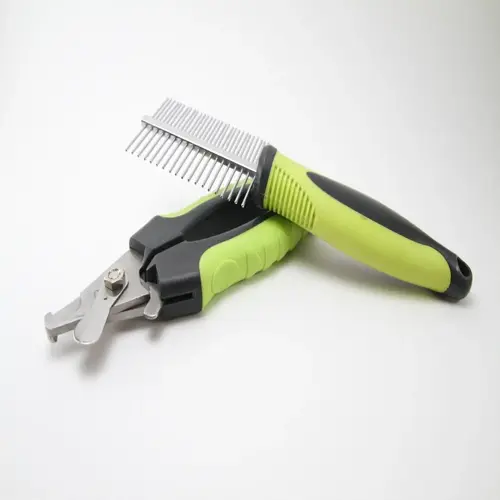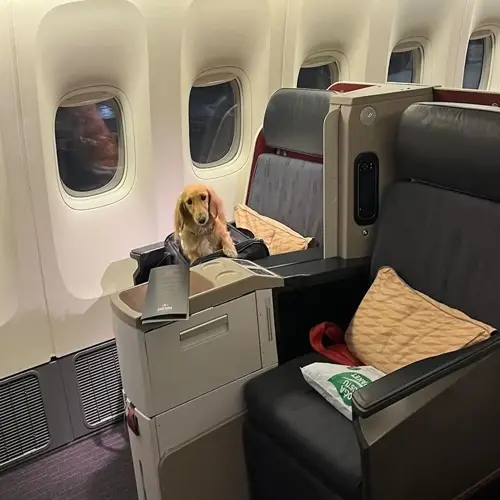How does pet ownership teach responsibility?

Written by
Kailani Okoro
Reviewed by
Prof. Henry Webster, Ph.D.Having a pet develops core responsibility by necessitating the execution of daily routines that impact another being. Feeding schedules, health screenings, and health upkeep become non-negotiable. I learned this lesson well when my childhood dog depended on me for insulin shots. Your dependability means the welfare of your pet.
Daily Care Routines
- Structured feeding times with measured portions
- Regular exercise schedules tailored to species
- Consistent grooming and hygiene maintenance
- Environmental safety checks and hazard removal
Financial Accountability
- Budgeting for food and veterinary expenses
- Establishing emergency medical funds
- Tracking insurance premiums and deductibles
- Planning for long-term senior care costs
Health Management
- Monitoring vital signs and behavior changes
- Administering medications on schedule
- Maintaining vaccination and treatment records
- Recognizing early illness warning signs
The development of emotional responsibility happens as you learn the significance of nonverbal communication as well as how to respond to needs. You see signs of stress, such as hiding or vocal change, and know that they are signs of stress. You learned to interpret the signals from your cat after years of study. Emotional responsibility grows through this ongoing dialogue.
Lifelong learning is critical as you learn about species-specific behaviors, current nutrition science, and new veterinary protocols. At no time in the life of your pet does this knowledge acquisition stop. Keeping a journal detailing care routines creates accountability. Your commitment to education reflects mature responsibility.
Begin with one small ongoing practice, like scheduled playtime or weekly weight checks. Such foundational habits build capacity and confidence. Daily practice makes responsibility real rather than theoretical, which enhances your ability to have positive relationships in the future.
Read the full article: Essential Pet Ownership Responsibilities Guide

